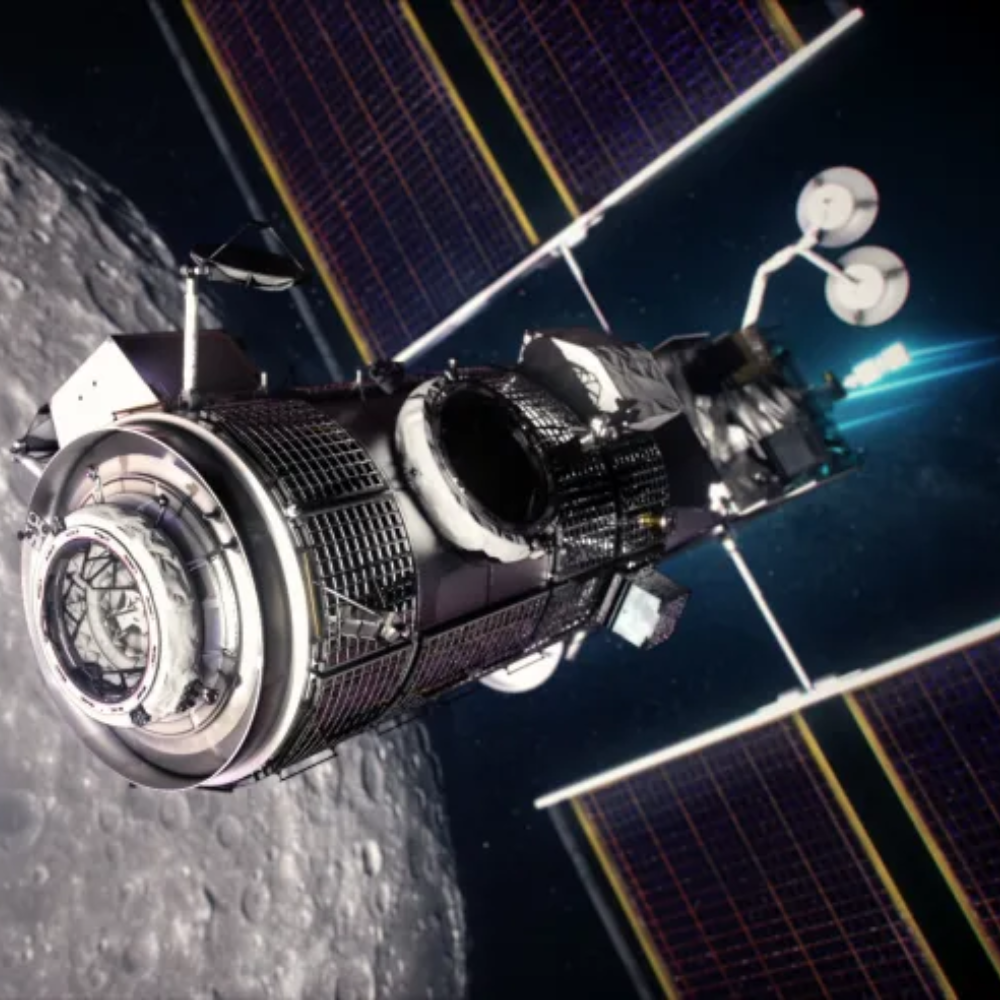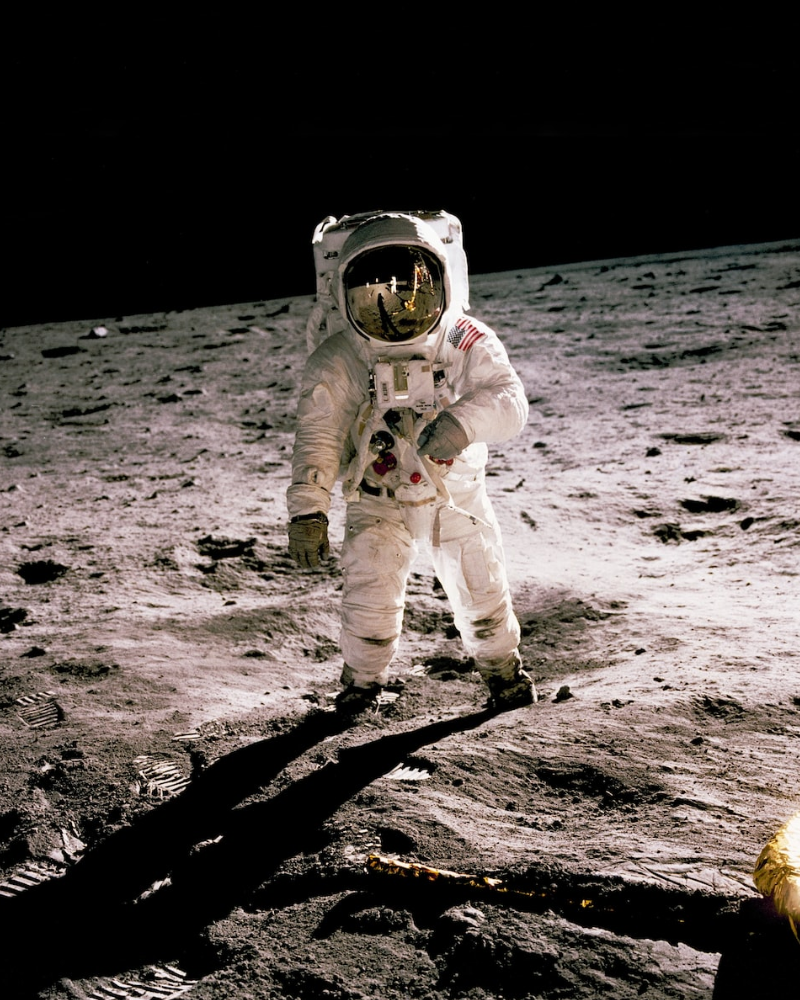
Space missions, whether manned or unmanned, often require complex operations and precise execution. NASA recognizes the immense potential of AI to simplify these tasks and improve mission efficiency. With this goal in mind, they are developing a system that will enable astronauts to interact with space vehicles using a natural-language interface similar to ChatGPT.
Simplifying Complex Space Operations With AI
Dr. Larissa Suzuki, speaking at an IEEE meeting on next-gen space communication, explained that the objective is to establish conversational interactions with space vehicles. This means that astronauts will be able to receive alerts, communicate findings, and even seek advice on experiments using natural language. The once science fiction-like concept is becoming a reality, thanks to advancements in AI technology.
Conversing With the Cosmos

The initial deployment of this ChatGPT-like assistant is planned for the Lunar Gateway, a space station that will orbit the Moon. The Lunar Gateway will play a crucial role in supporting NASA’s Artemis mission, which aims to return humans to the Moon and pave the way for future deep space exploration. By incorporating a natural language interface, astronauts will have access to a wealth of information and guidance without the need to navigate complex manuals. Moreover, this AI assistant will also be responsible for managing various systems on the Lunar Gateway when it’s unoccupied. This includes autonomous operations of science payloads, data transmission prioritization, health management of the Gateway, and more, reducing the need for constant human intervention.
Troubleshooting in Zero Gravity – AI to the Rescue
Dr. Suzuki highlighted a practical example of the assistant’s capabilities. In the event of data transmission glitches or digital outages, the AI system will automatically troubleshoot and rectify the issues. This eliminates the need to send an engineer to space to fix problems, ensuring uninterrupted operations and reducing potential risks. As NASA continues to push the boundaries of human exploration, the integration of AI technology will undoubtedly play a crucial role in enabling future space exploration endeavors.